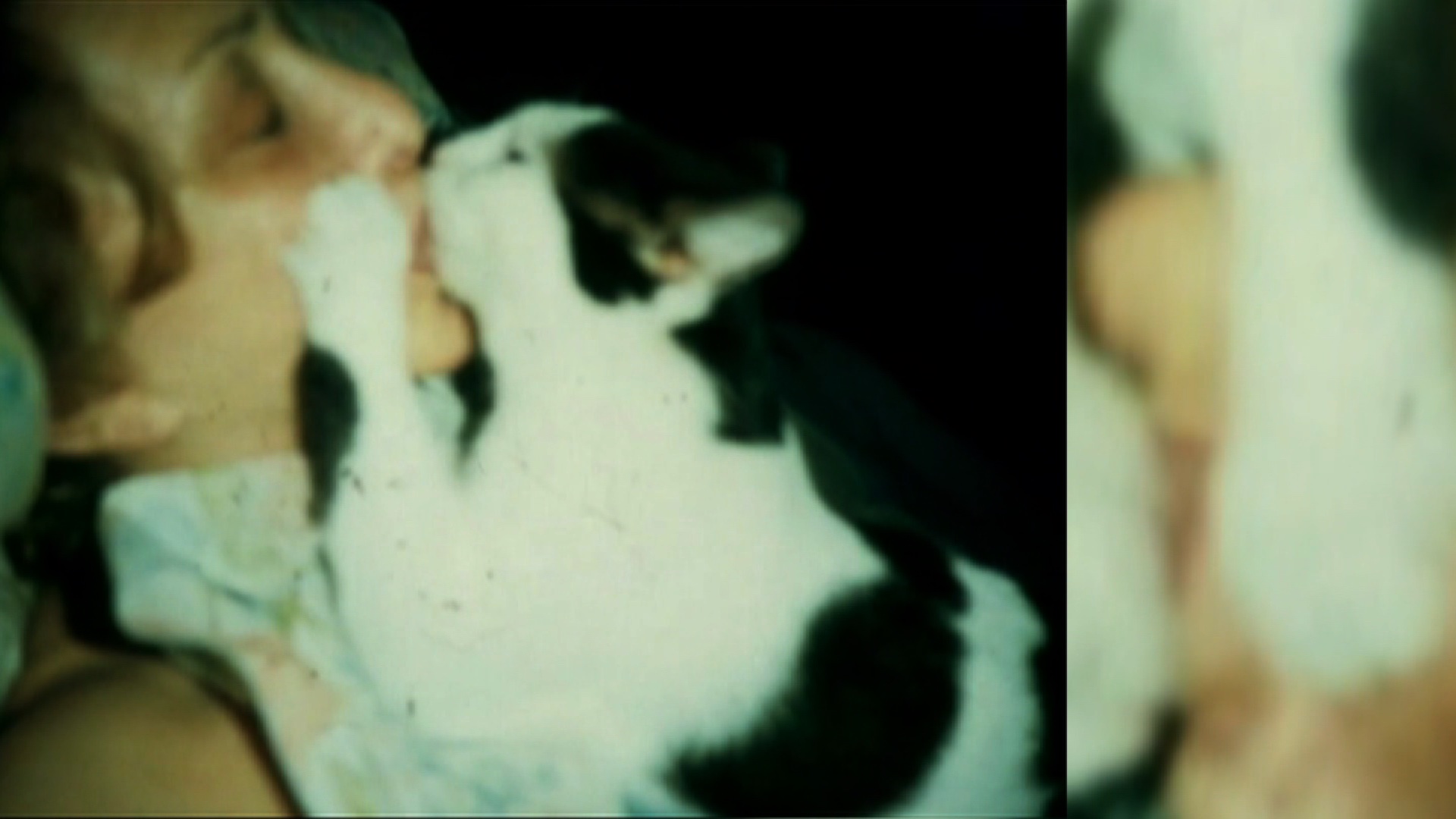The Lives of Animals
Current Exhibition
The Lives of Animals
Museum for Contemporary Art in Antwerp (MuHKA)
June 8 - September 22, 2024
In the last two decades, animal studies has emerged worldwide as a new academic discipline. Scientists engage in questions regarding concepts of ‘animality’, ‘animalisation’, or ‘becoming animal’, to investigate human-created representations and cultural imaginings on the subject. Animal studies strives to understand human-animal relationships from a historical perspective, paying attention to the complexity of the issue, in connection with animal rights movements, ethics of care, ecology, feminism, human rights, postcolonial studies, and other disciplines.
The Lives of Animals looks at the subject of animals from the perspective of the visual arts, asking the fundamental question about what an animal is and whether humans can be friends with animals. Participating artists critically examine the attitudes of ‘human exceptionalism’, stemming from the belief that animals do not understand the concept of death or have a sense of future.
At the exhibition, a unique space has been created where visitors can experience the languages of various animals. Laughing rats, inaudible frequencies in the Amazon rainforests and the chirping of birds from different parts of the world are among the many sounds visitors may encounter in the Sonic Room. Besides field recordings, it features audio material created by artists and researchers in fields such as zoomusicology and eco-acoustics (the acoustics of the soundscape). The space, filled with sound, gives the exhibition a more performative character, which is aligned with the essential methodology of curatorial work that focuses on transdisciplinary works and artists who have complex and prolonged relationships with their subject.
The exhibition adheres to an ethical code. Therefore, it does not include taxidermy, living animals, or acts of violence against them. Animals are the main protagonists of the exhibition, focusing on their biographies and uniqueness whilst simultaneously questioning how gestures of empathy, kindness, and love towards them might be constituted.